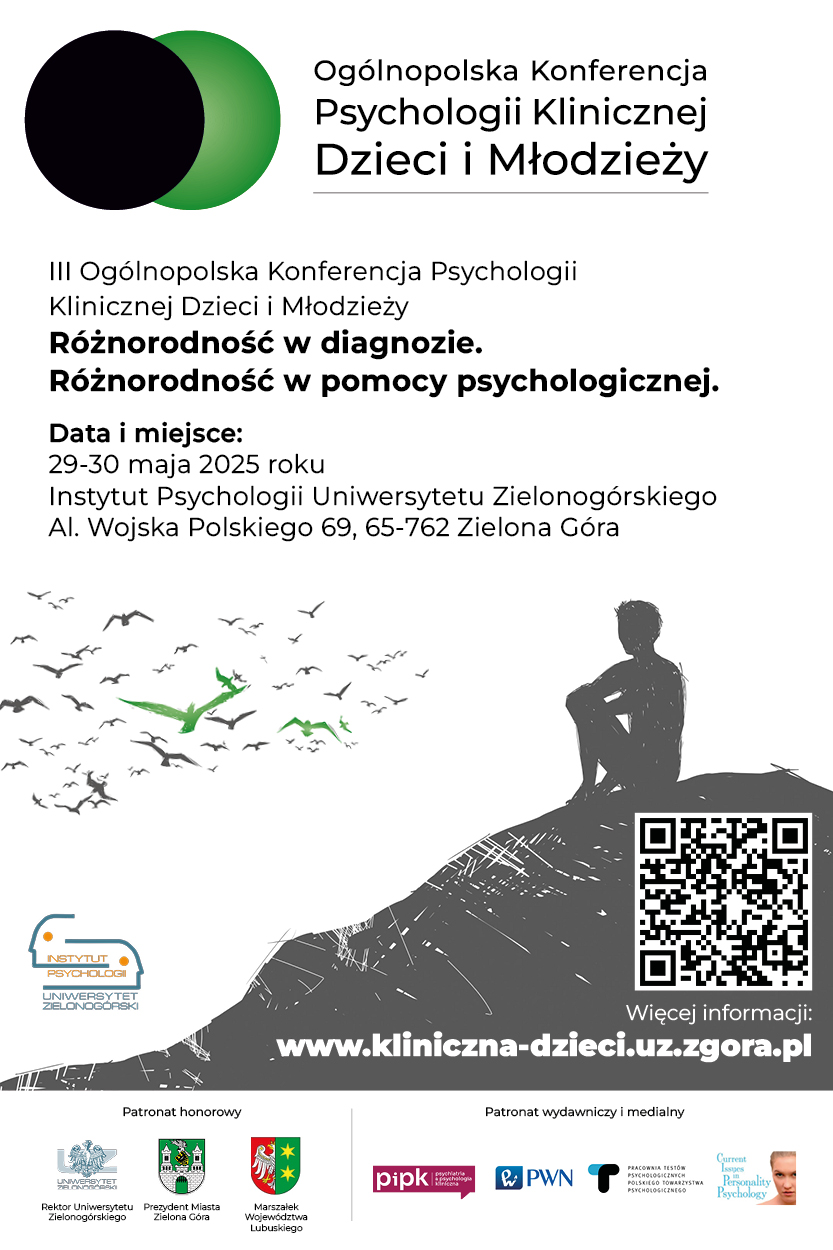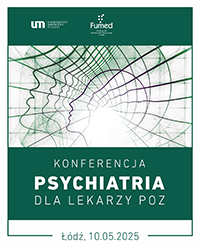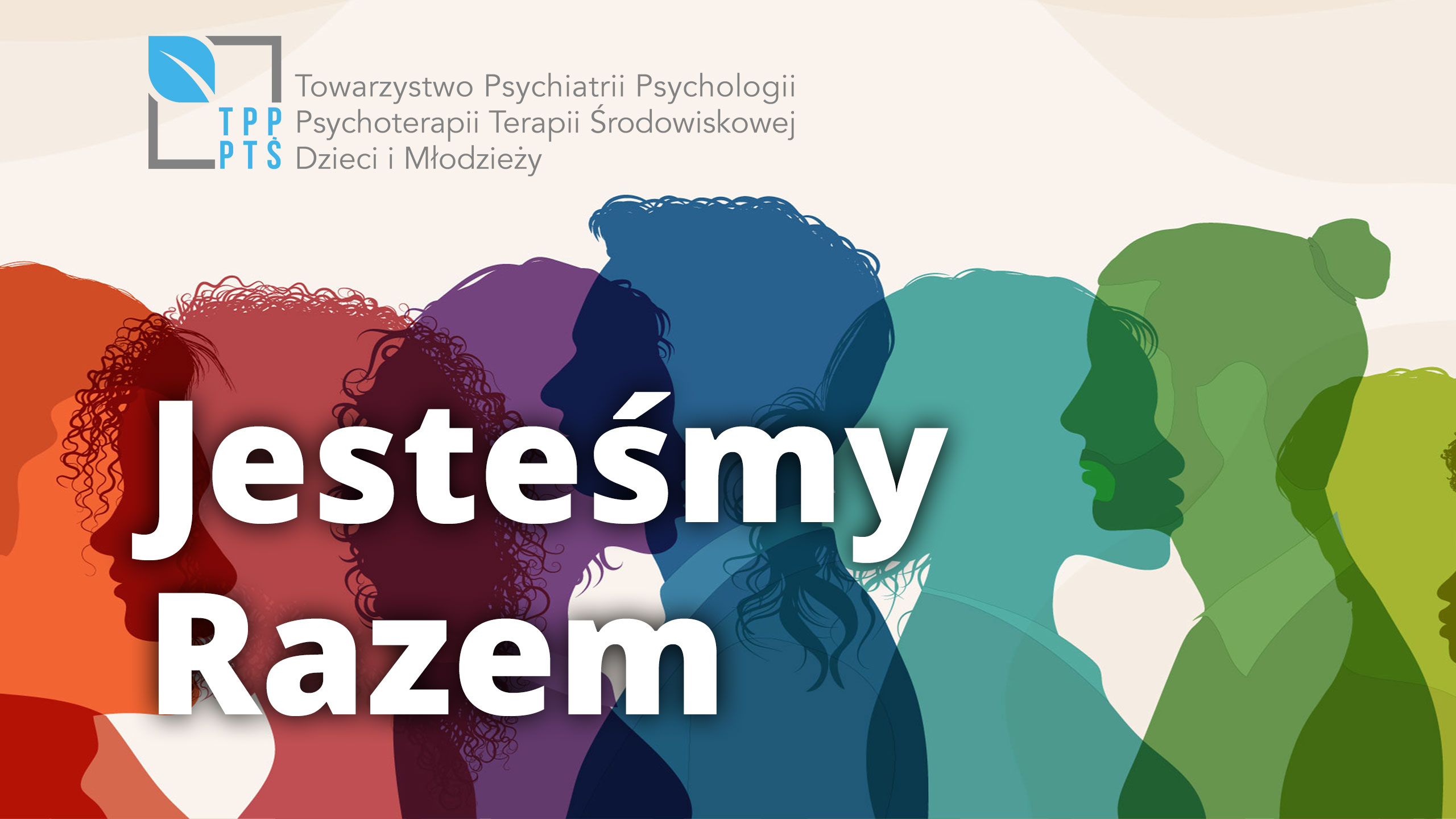Treatment of depression through normalisation of sleep–wake rhythm disorders
Adam Wichniak1,2, Joanna Szmyd1
 Affiliacja i adres do korespondencji
Affiliacja i adres do korespondencjiInsomnia is one of the most common disorders coexisting with depression, and sometimes precedes the development of depression by a number of months. During depressive episodes, insomnia affects 60–90% of patients. At the same time, insomnia is the most prevalent residual symptom of depression, which may persist after the resolution of depression itself in up to 40–50% of patients, causing significant distress. Consequently, normalisation of disturbed sleep is an important aspect of depression therapy. Inappropriate pharmacological treatment may significantly hinder the achievement of the desired therapeutic outcomes. The paper aims to address the recommended treatment of insomnia with coexisting depression, and to discuss the advantages and disadvantages of various pharmacotherapy options and non-pharmacological interventions. In addition, the paper summarises available data on the effect of agomelatine on sleep in patients with depression. Because of its melatoninergic activity the drug synchronises the disturbed circadian rhythm of numerous physiological processes including the sleep–wake cycle. Agomelatine is a particularly beneficial therapeutic choice for patients with depression and insomnia who are prescribed treatment with serotonin or serotonin and noradrenaline reuptake inhibitors, but are worried about the deterioration of sleep quality.






















